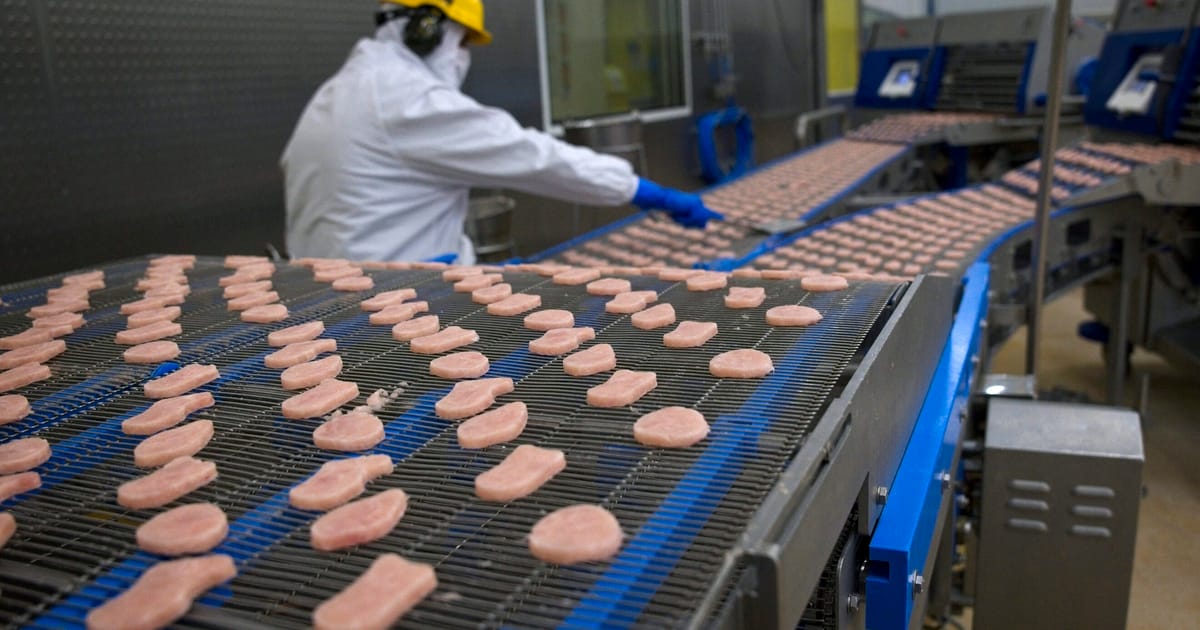- cross-posted to:
- worldnewsnonus@lemy.lol
- cross-posted to:
- worldnewsnonus@lemy.lol
“We have to stop destroying the planet as we feed ourselves,” a World Bank official said, as red meat and dairy drive CO2 emissions.
Cows and milk are out, chicken and broccoli are in — if the World Bank has its way, that is.
In a new paper, the international financial lender suggests repurposing the billions rich countries spend to boost CO2-rich products like red meat and dairy for more climate-friendly options like poultry, fruits and vegetables. It’s one of the most cost-effective ways to save the planet from climate change, the bank argues.
The politically touchy recommendation — sure to make certain conservatives and European countries apoplectic — is one of several suggestions the World Bank offers to cut climate-harming pollution from the agricultural and food sectors, which are responsible for nearly a third of global greenhouse gas emissions.
…
The paper comes at a diplomatically strategic moment, as countries signed on to the Paris Agreement — the global pact calling to limit global warming to 1.5 degrees Celsius — prepare to update their climate plans by late 2025.



I agree, let’s end subsidies for the industries that are fucking up the climate. Fuck all the weak snowflakes who don’t want to change their meat consumption. How hard is it to not eat beef? Not hard, people are just weak. So hit them in the wallet then, if that’s what it takes.
Even as a rancher (native prairie, low input) I agree beef is way too cheap. Well, it was, now it’s starting to be more appropriately priced.
Considering everything from the labour involved in raising it ethically to the nutritional value, the consumer pays very little for beef for what they’re getting. Even if it means people eat less beef, the price should go up. It would also favour small farmers like me who would rather raise less cows sustainably on grass than overgraze chasing high volume sales.